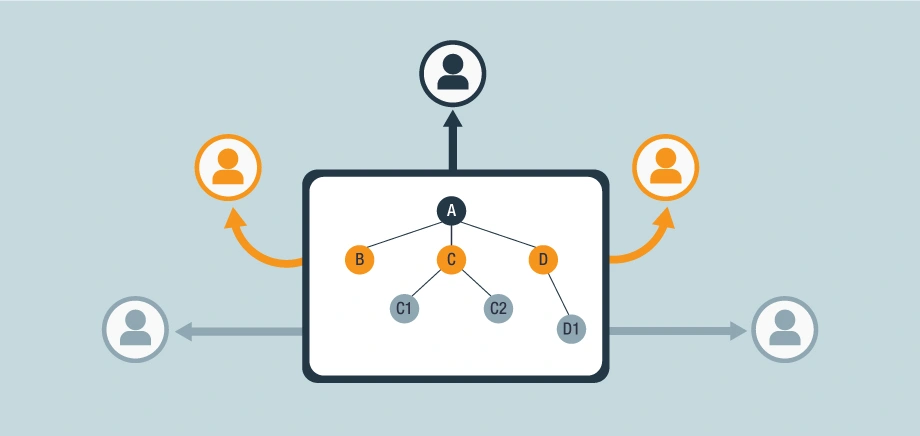The Multiplier Mindset
Filter
-
Entrepreneurial Growth StrategiesBetter Results, Less Friction: The Business Strategy Hiding In Your Processes
-
Entrepreneurial Growth Strategies9 Delegation Mistakes That Keep Entrepreneurs Stuck (And How To Fix Them)
-
Entrepreneurial Growth StrategiesWho Not How: The Entrepreneurial Shortcut To Scaling With Less Stress
-
-
-
Entrepreneurial Growth Strategies4 Signs You’re Stuck In The Entrepreneurial Excellence Trap—And How To Escape
-
Entrepreneurial Growth StrategiesBusiness Lessons For Creating The Job You Want, with Patti Mara
-
Entrepreneurial Growth StrategiesHow Is Strategic Coach Different From Other Business Coaching Programs?
-
Entrepreneurial Growth Strategies7 Entrepreneurial Influence Lessons From Communication Pro Stacey Hanke
-
Entrepreneurial Growth StrategiesHow To Avoid Costly Mistakes In Business (Before They Happen)
The Impact Filter
Dan Sullivan’s #1 Thinking Tool
Are you tired of feeling overwhelmed by your goals? The Impact Filter™ is a powerful planning tool that can help you find clarity and focus. It’s a thinking process that filters out everything except the impact you want to have, and it’s the same tool that Dan Sullivan uses in every meeting.













